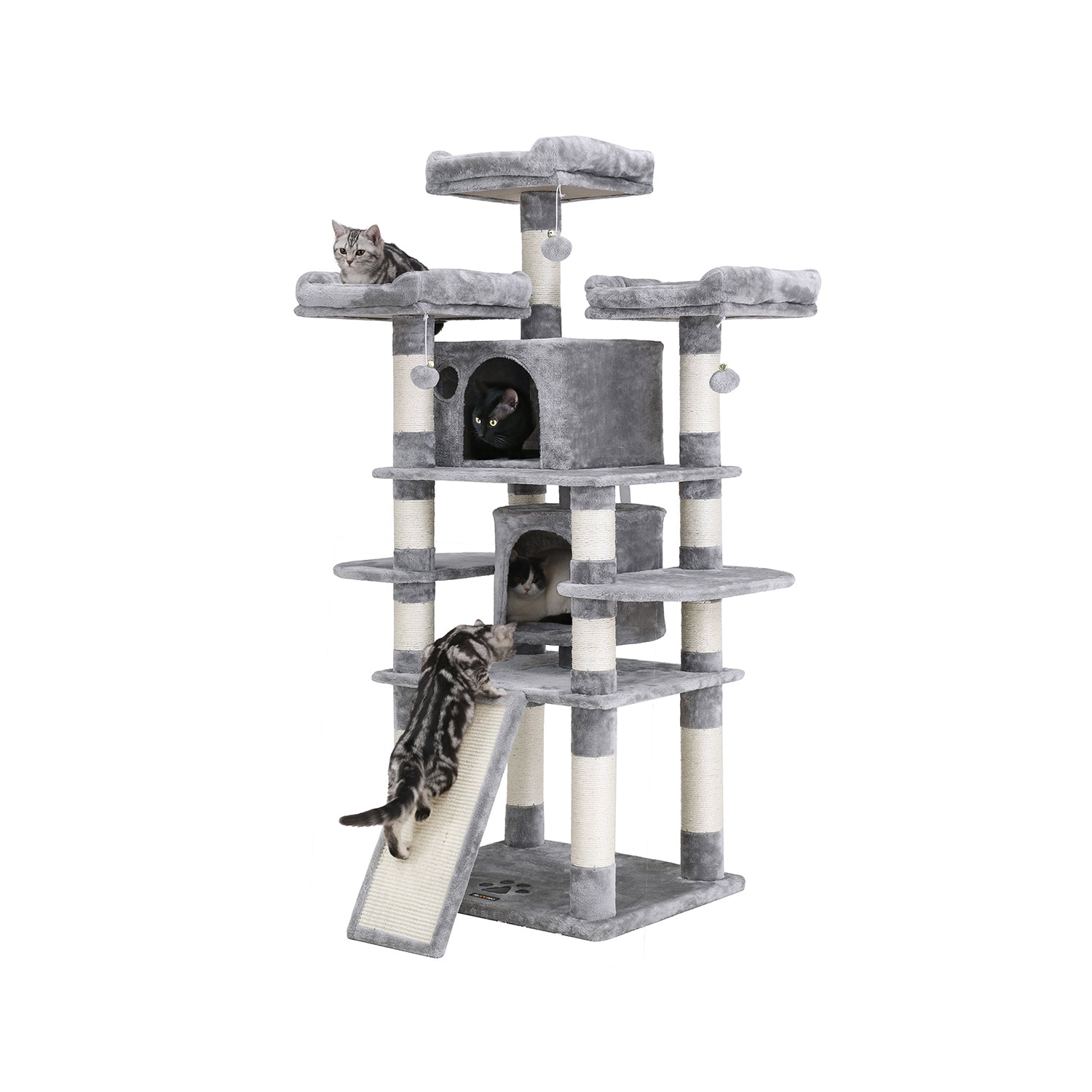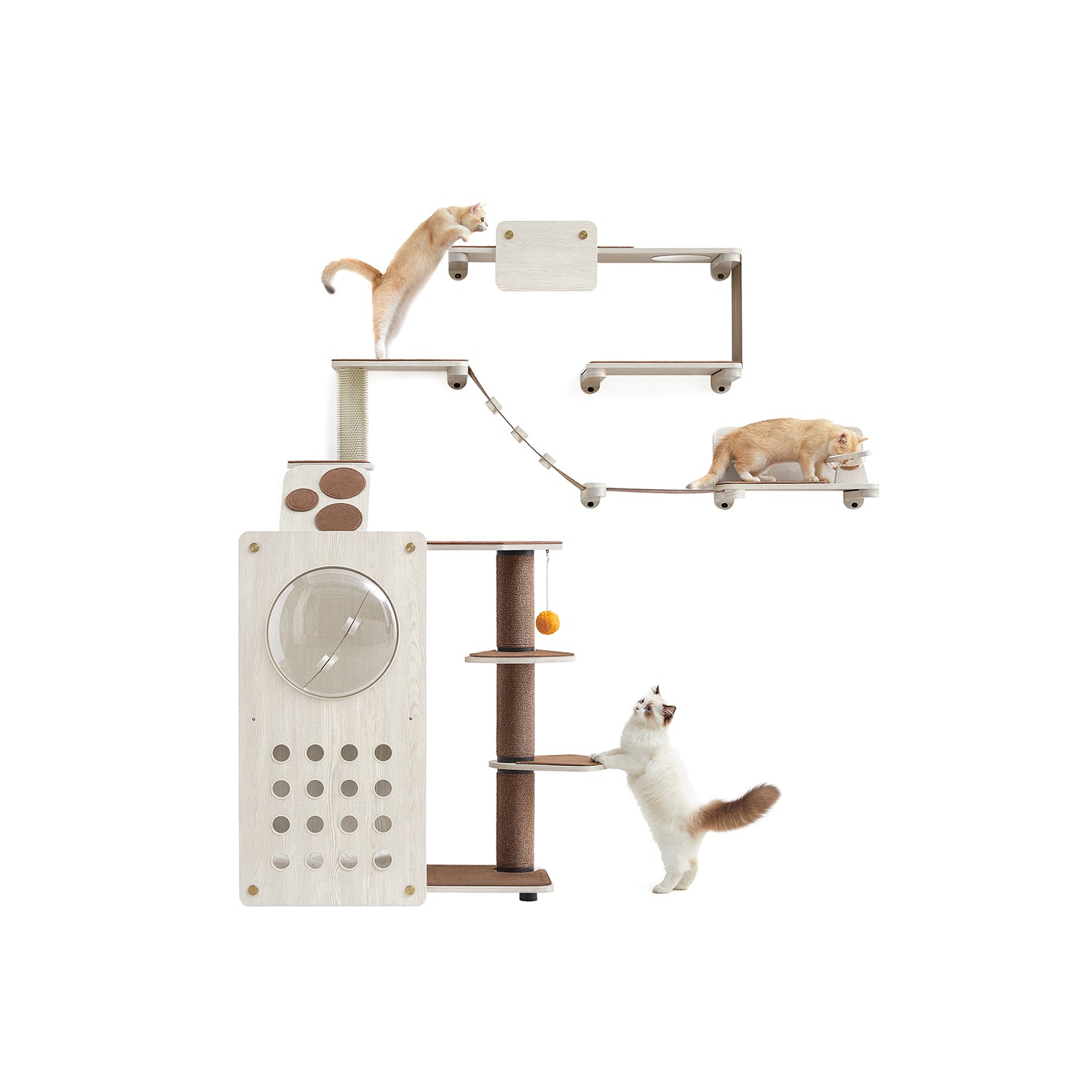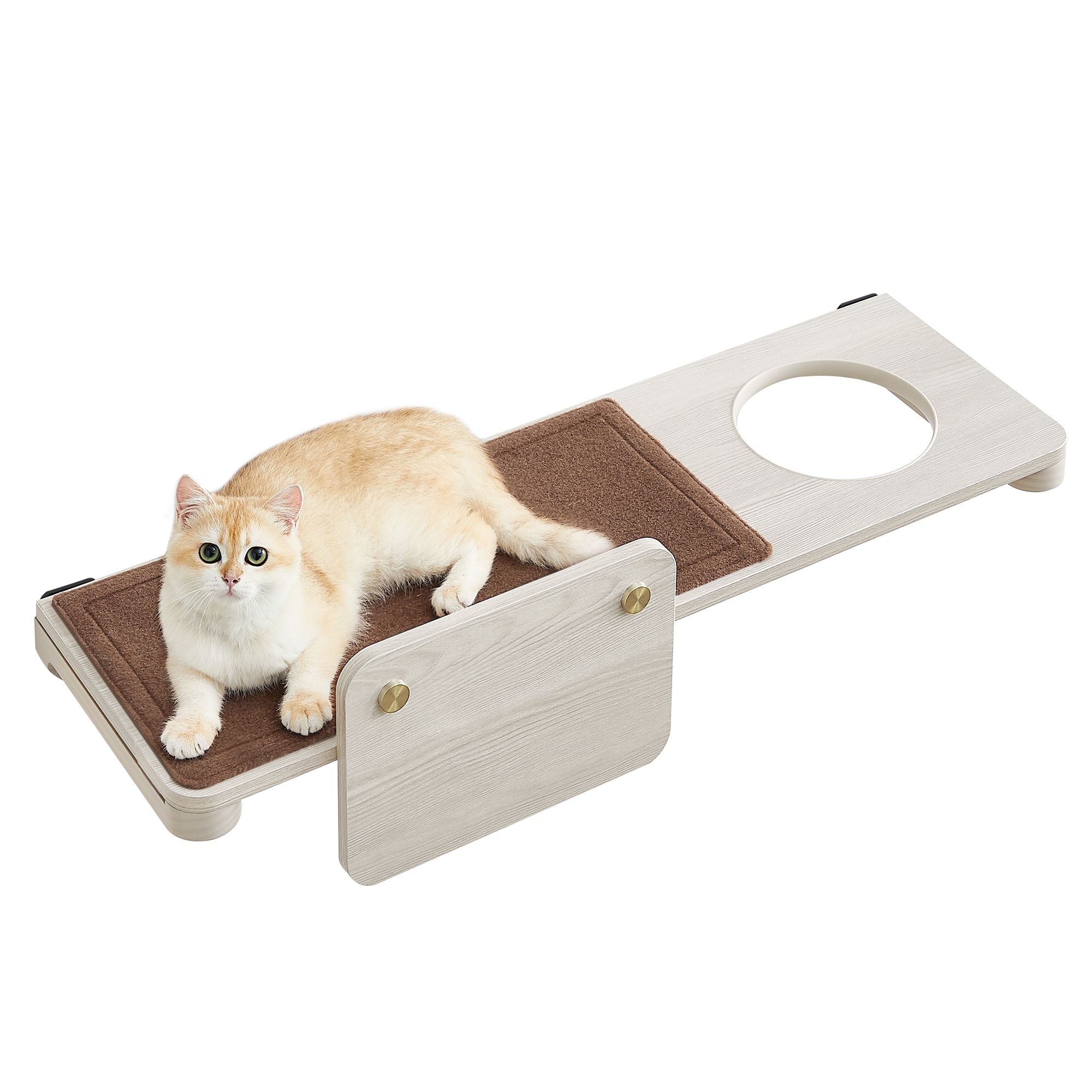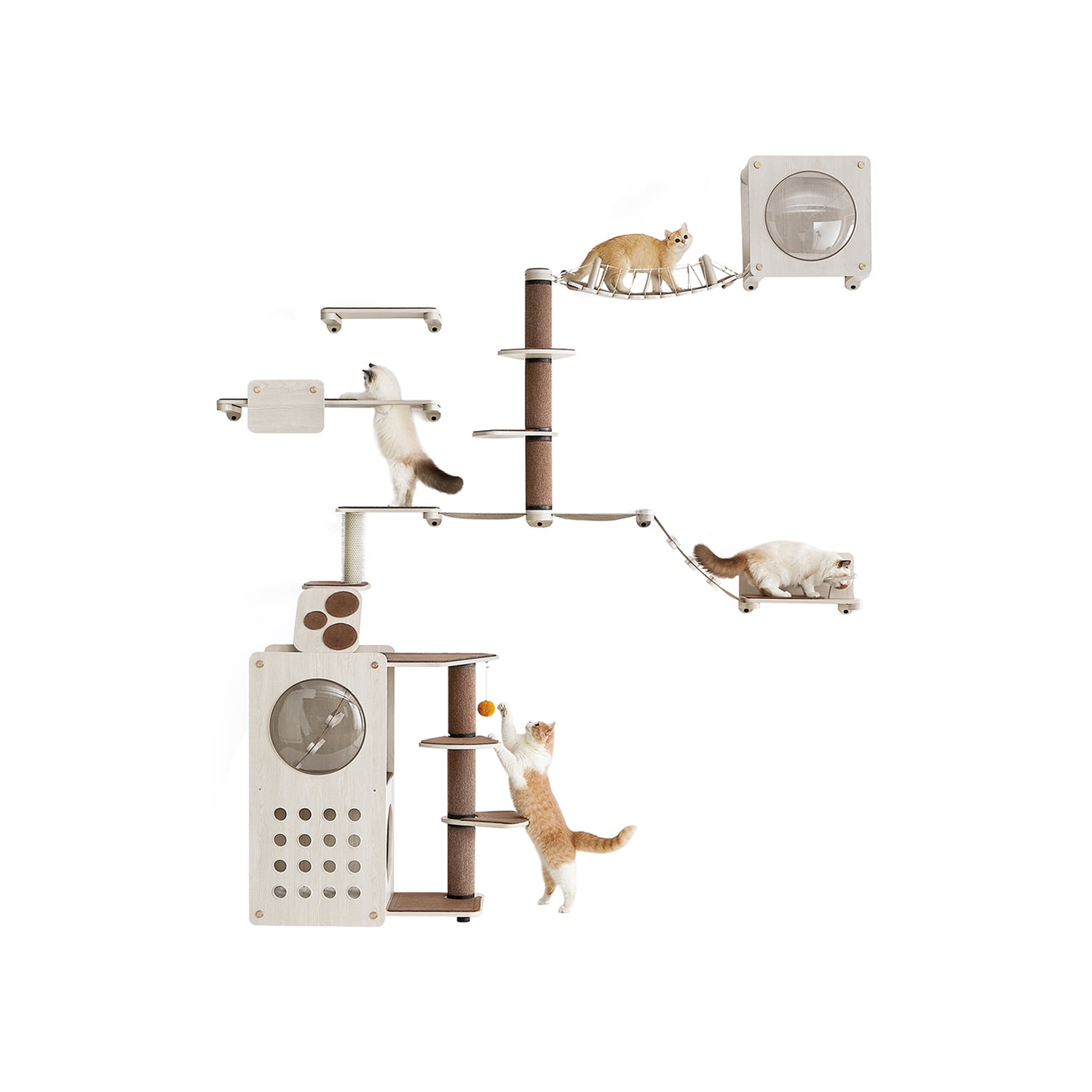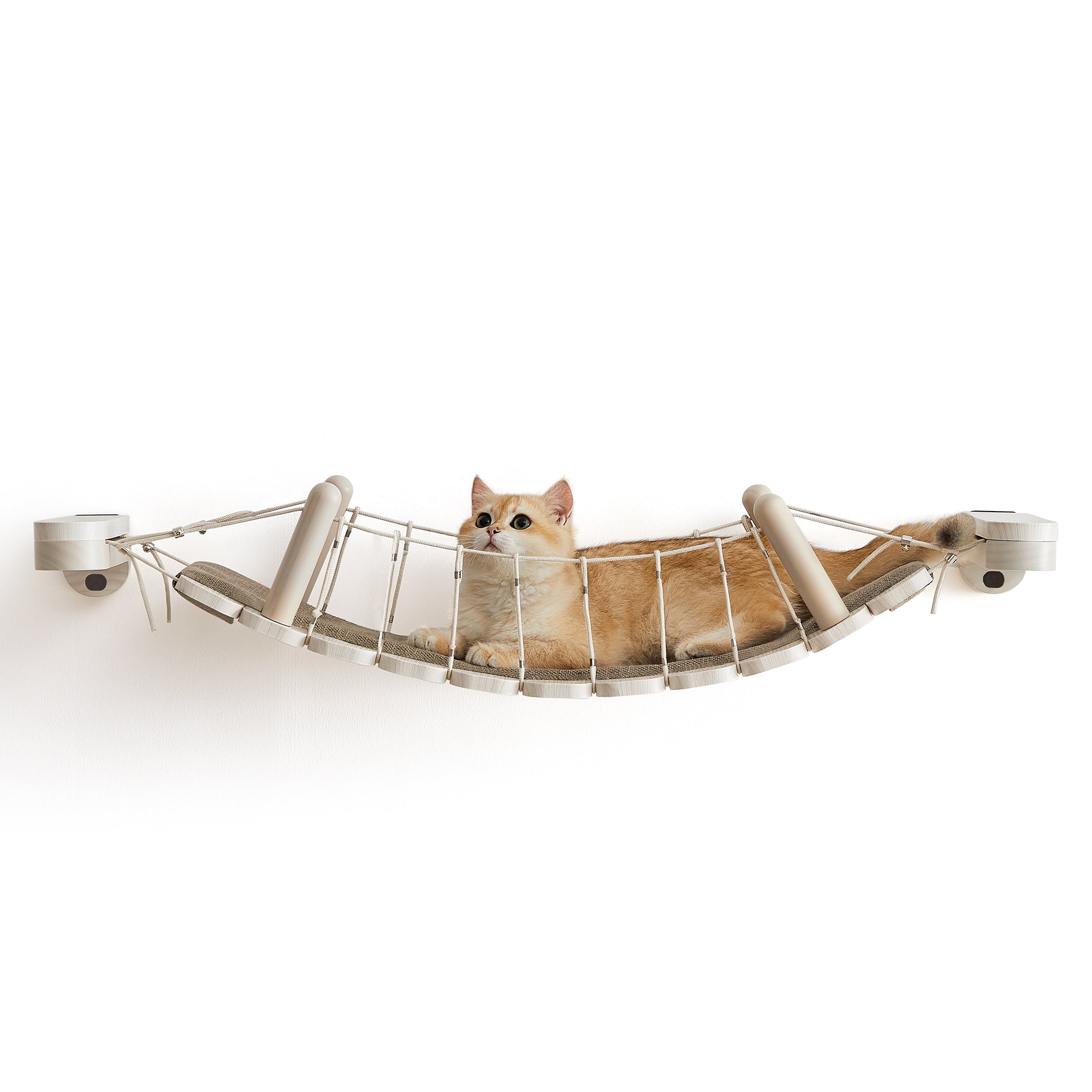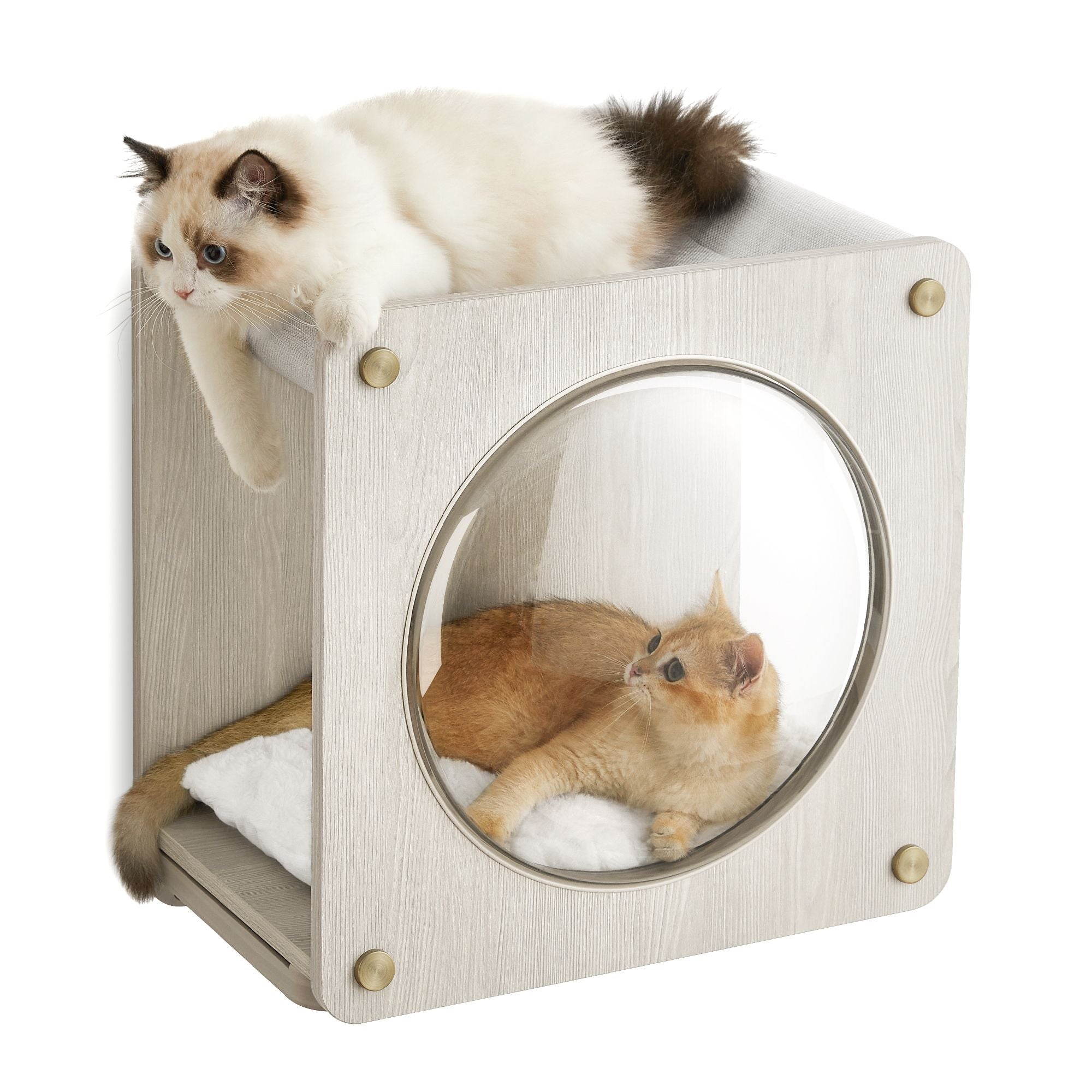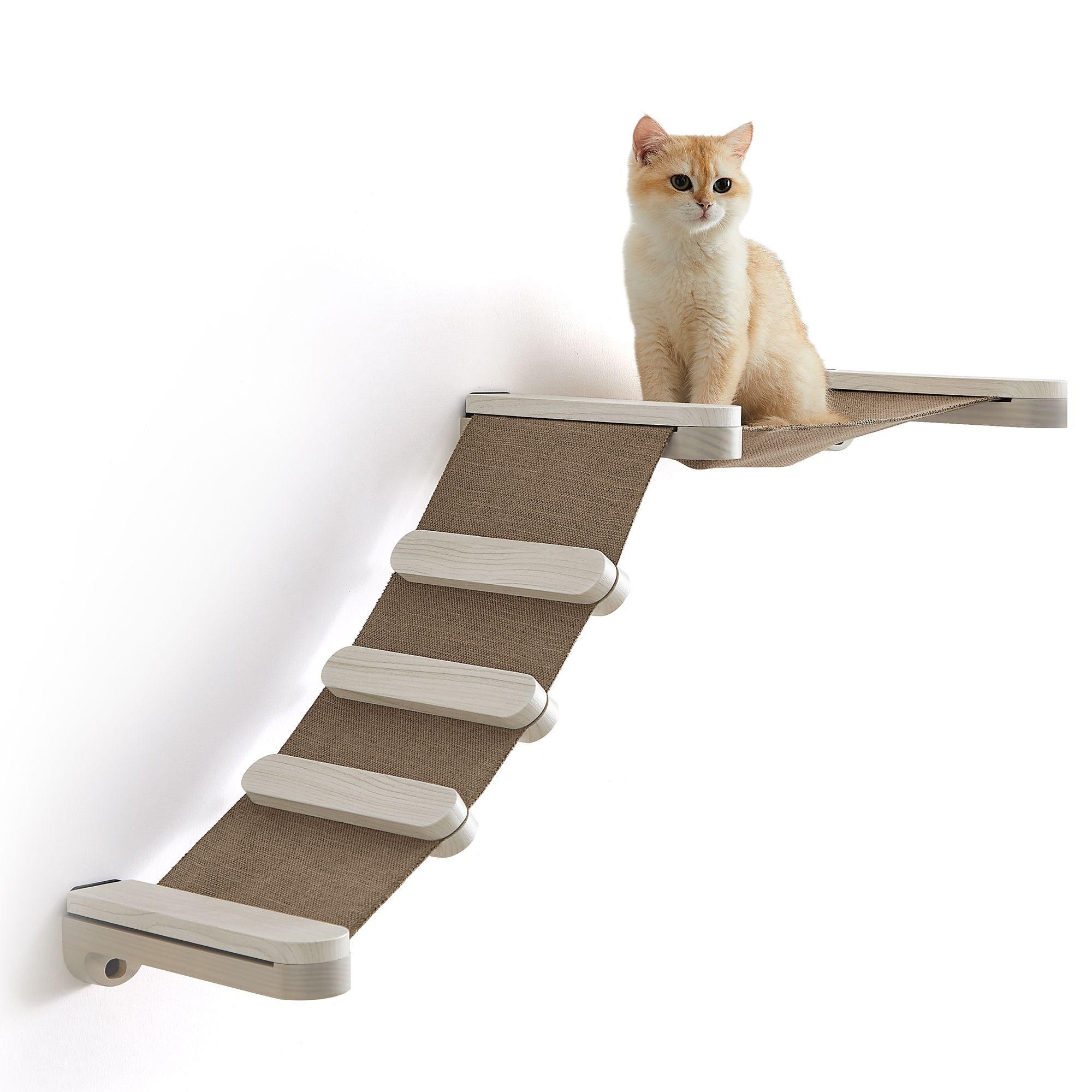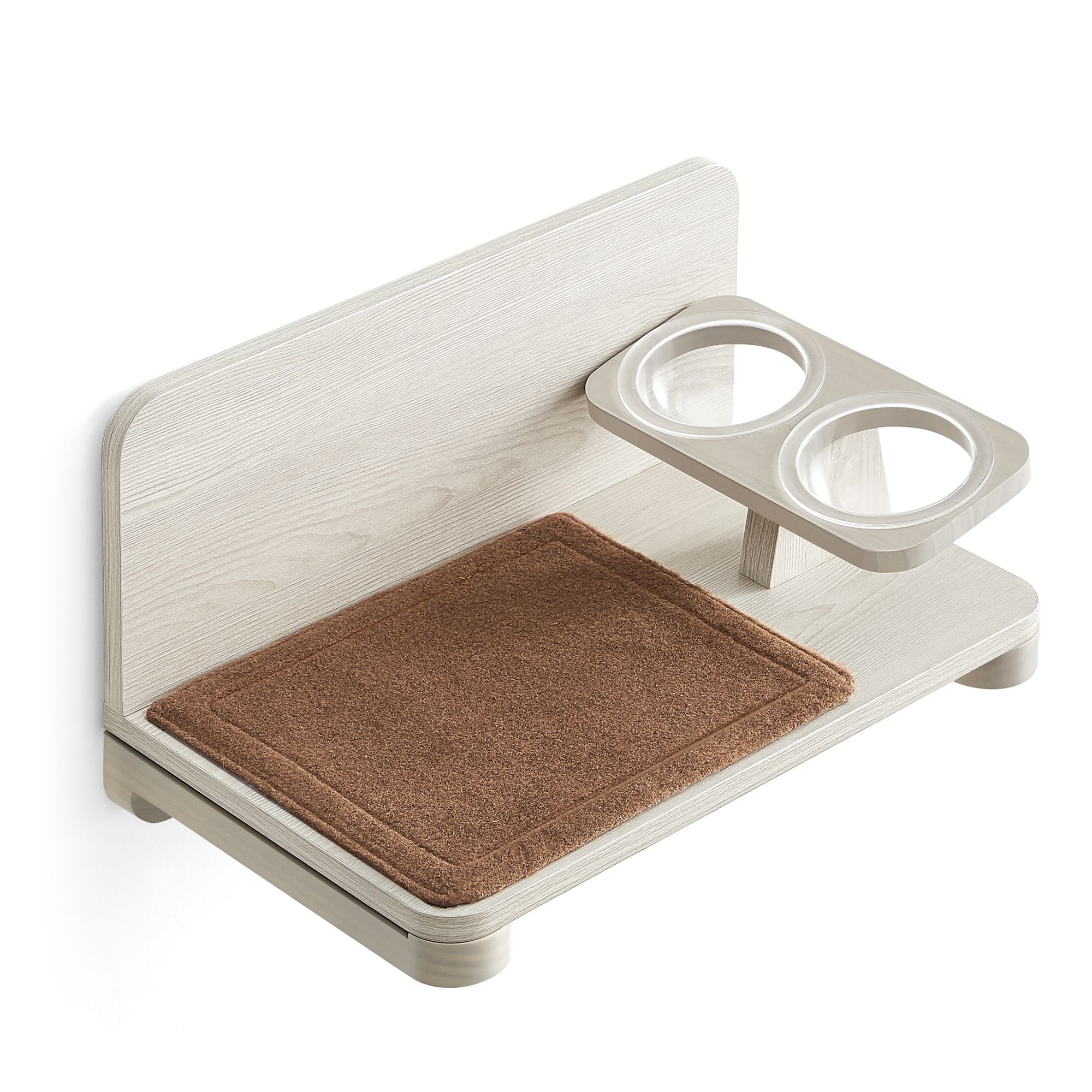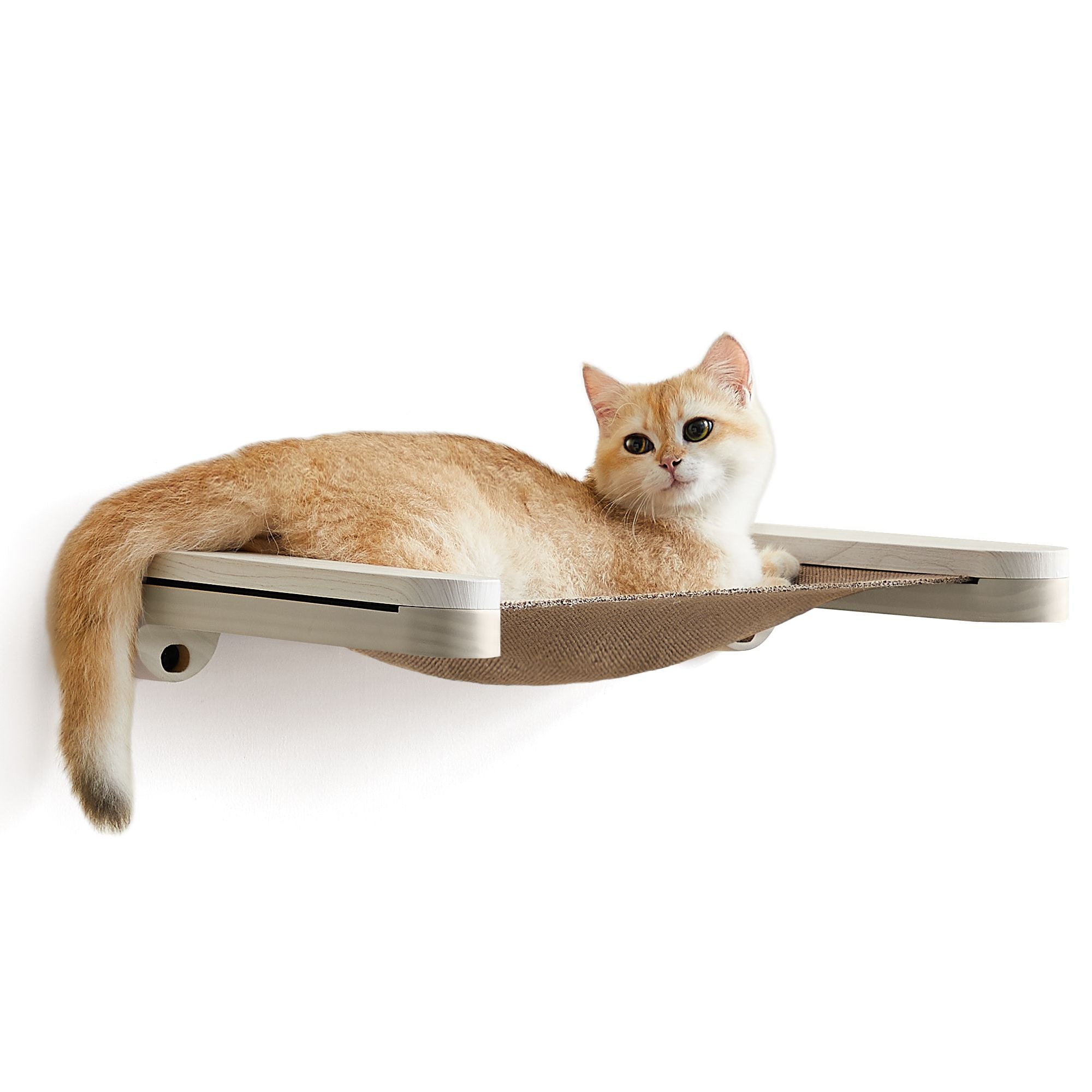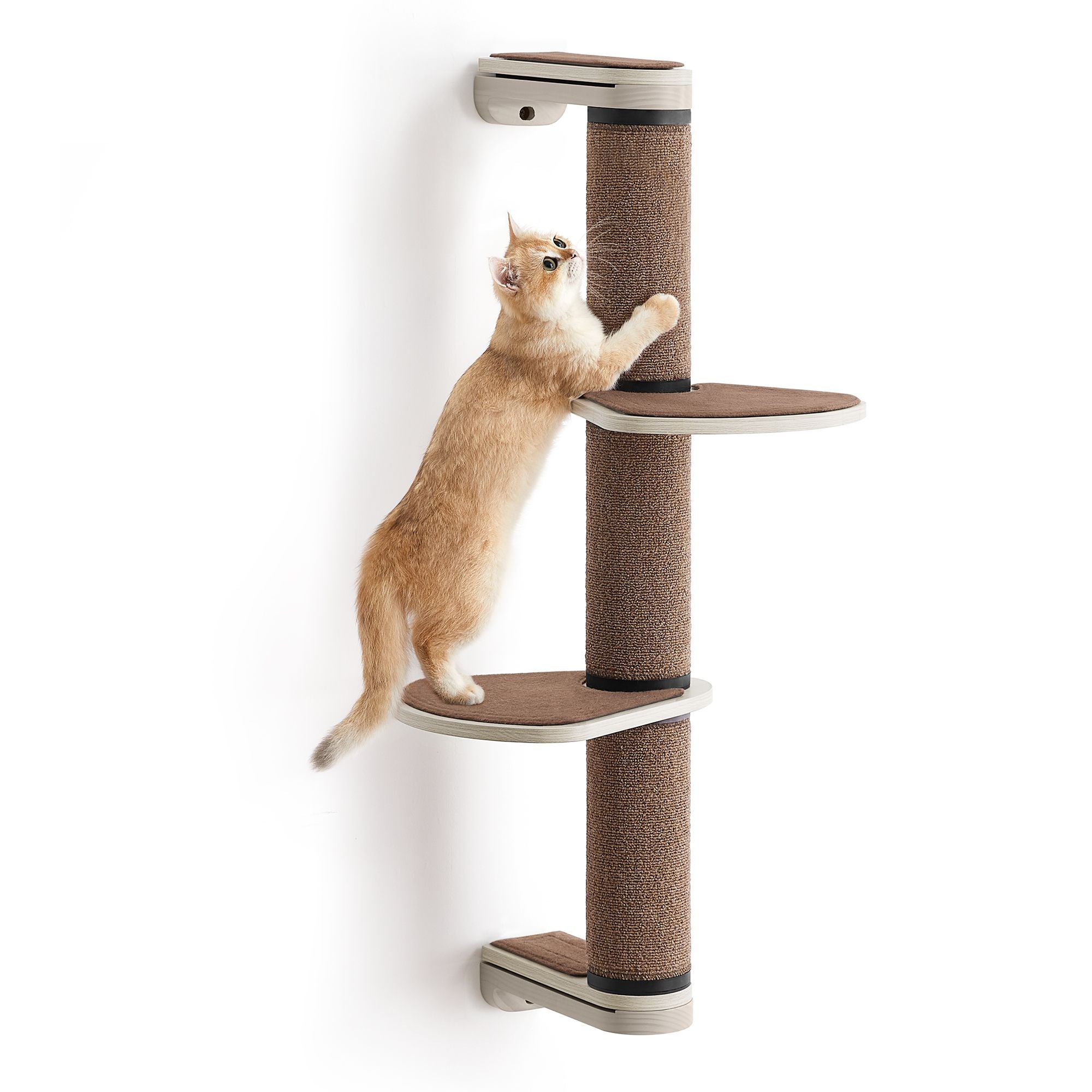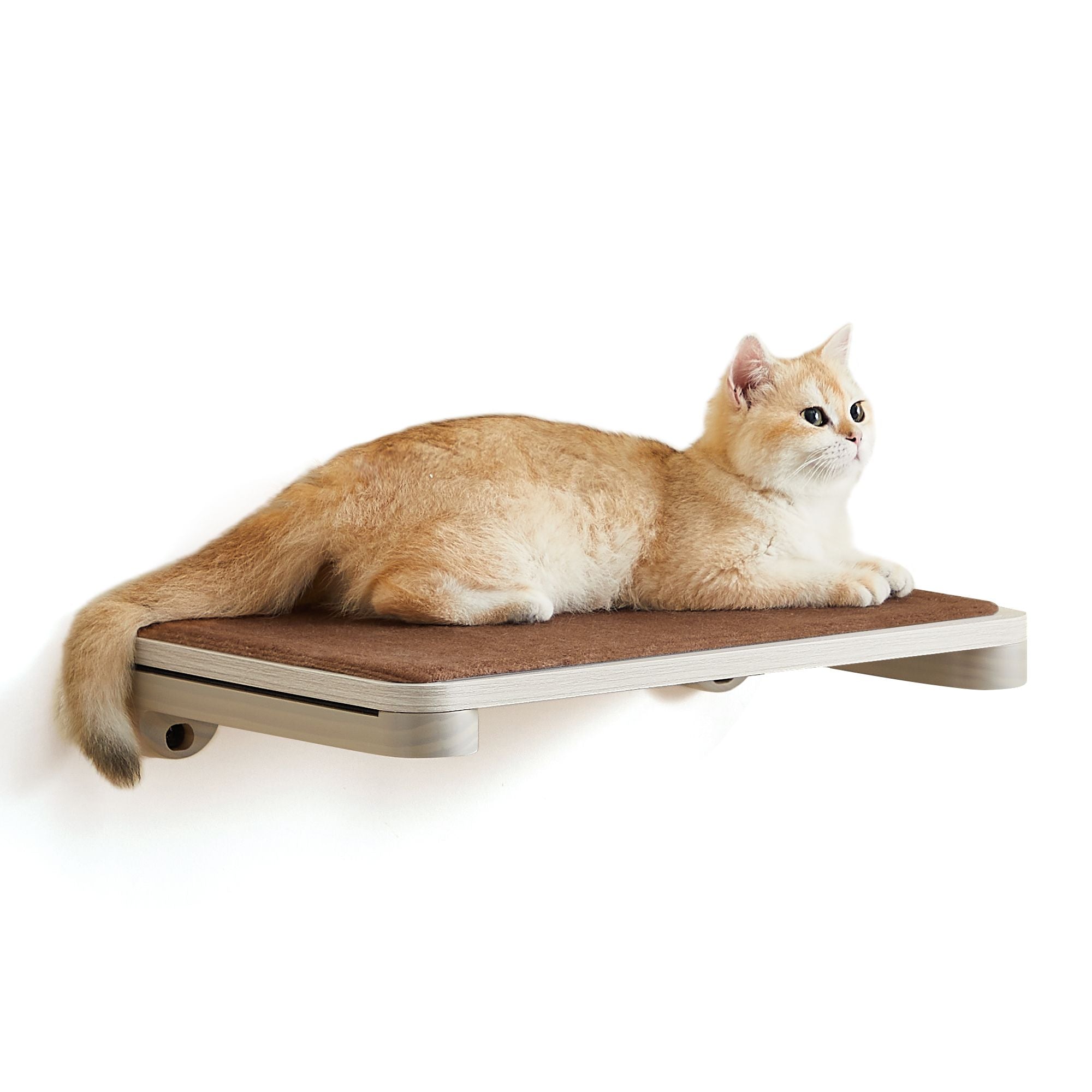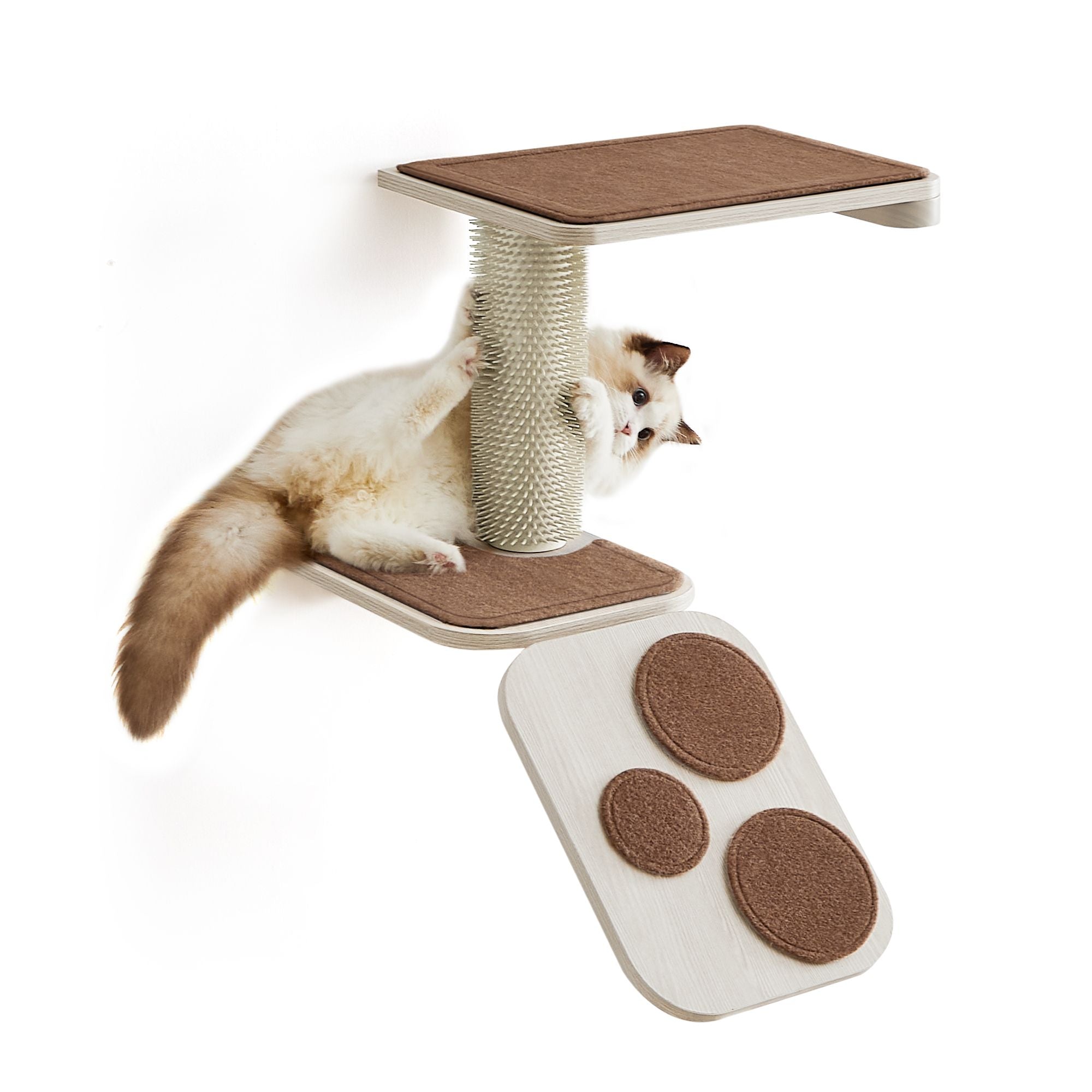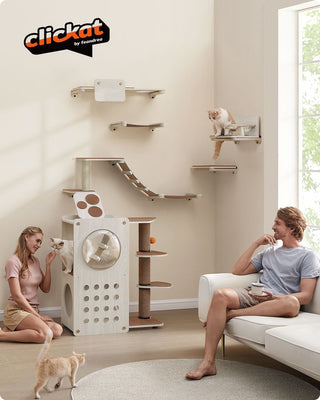Crafting Joy: The DIY Cardboard Cat Tree Guide
In the world of DIY projects, creativity knows no bounds. From home decor to pet care, there is something incredibly satisfying about creating something with your own hands. Today, we're focusing on a unique project that combines sustainability, creativity, and our love for our feline friends: the DIY cardboard cat tree.

Balancing the Pros and Cons of a DIY Cardboard Cat Tree
When considering a project such as creating a DIY cardboard cat tree, it's essential to thoroughly understand the potential advantages and disadvantages that come with it.
1. Cost-Effectiveness and Environmental Impact
-
One of the most compelling advantages of a DIY cardboard cat tree is its cost-effectiveness. Store-bought cat trees can often run into hundreds of dollars, especially for larger, more elaborate designs. In contrast, creating a cat tree from cardboard, specifically repurposed cardboard boxes, can be a far more economical choice. This approach not only saves you money but also puts to good use materials that would otherwise be discarded.
-
In addition to being cost-effective, a DIY cardboard cat tree also contributes to environmental sustainability. By reusing cardboard boxes, you are effectively reducing waste and promoting recycling. This makes your DIY project not just pocket-friendly, but also eco-friendly, a win-win situation for both you and the environment.
2. Customization and Creative Expression
-
Unlike store-bought options, which come in fixed designs and sizes, a DIY project gives you the freedom to design and build a cat tree that suits your cat's preferences and matches your home's aesthetic perfectly.
-
Whether your cat would enjoy a castle-themed tree with multiple levels and hideouts, or a simple, sleek design that seamlessly blends with your minimalist decor, the possibilities are virtually limitless with a DIY cardboard project. This level of customization ensures that your cat gets a play structure that it truly loves and uses, enhancing its quality of life.
3. Durability and Time Considerations
-
However, as with any project, there are potential drawbacks to consider. While cardboard is a surprisingly sturdy material, its durability may not stand up to that of a store-bought wooden cat tree. Over time, the wear and tear from your cat's enthusiastic clawing could cause the cardboard to degrade, requiring repairs or a complete rebuild.
-
Moreover, constructing a DIY cardboard cat tree can be a time-consuming endeavor. Depending on the complexity of your design, it could take several hours, or even days, to complete. This time investment is something to consider, especially if you have a busy schedule. However, for many DIY enthusiasts, the time spent creating something unique and personal for their beloved pet is part of the charm and satisfaction that comes with DIY projects.

DIY cardboard cat tree offers numerous benefits, including cost savings, environmental friendliness, and the opportunity for personalization. However, potential challenges such as durability and time investment should also be considered. By weighing these pros and cons, you can decide whether a DIY cardboard cat tree is the right project for you and your feline friend.
A Comprehensive Guide to Crafting Your Own Cardboard Cat Tree
This guide will walk you through the process in a detailed manner, ensuring that you can build a safe, sturdy, and engaging play structure for your feline friend.
Step 1: Gathering the Necessary Materials
-
Before you can embark on this creative journey, you need to gather all the essential materials. The primary component is cardboard, which can be sourced from various places such as old shipping boxes or packaging materials. If you plan to create a more complex structure, consider using cardboard tubes for added stability. Other tools you'll require include a ruler for accurate measurements, a pencil for marking out your cuts, a box cutter for slicing through the cardboard, and non-toxic glue for assembling the pieces together.
Step 2: Designing Your Cat Tree
-
The next step is to conceptualize your cat tree. This is where you can let your imagination run wild. Consider factors such as the height of the tree, the number of levels it will have, and the overall shape and design. Keep in mind your cat's preferences and behaviors. Some cats love climbing high, while others prefer staying closer to the ground. Design a structure that will be both safe and enjoyable for your cat.
Step 3: Cutting Out the Pieces
-
With your design in hand, it's time to start cutting out the pieces of your cardboard cat tree. Use your ruler and pencil to accurately mark the cuts on your cardboard before carefully using your box cutter to slice through. Remember, safety should be your primary concern during this step. Always handle sharp objects with care and keep them out of reach of children and pets.
Step 4: Assembling the Cat Tree
-
Once all the pieces are cut, you can start assembling your cat tree. Apply the non-toxic glue to the edges of your cardboard pieces and stick them together according to your design. Make sure each section has ample time to dry before you proceed to the next, ensuring the structure's stability.
Step 5: Adding the Finishing Touches
-
After your cardboard cat tree has been assembled and is completely dry, you can add any additional features that will enhance your cat's experience. This could include scratching posts made from extra pieces of cardboard, dangling toys for your cat to bat with their paws, or even cozy areas lined with soft fabric for your cat to lounge in.
For those seeking a simpler approach, consider creating a DIY cat tree out of stacked cardboard boxes. This method involves arranging and securing boxes in a tiered design, resulting in a fun, climbable structure for your cat. This approach can be just as engaging for your cat and requires fewer materials and steps.

Creating a DIY cardboard cat tree is a fulfilling project that not only benefits your cat but also allows you to engage in a fun and creative activity. With the right materials, a clear plan, and a bit of patience, you can build a unique play structure that your cat will love.
Curated Selection of Durable Cat Trees
If your preference leans towards a cat tree that boasts not only robustness but also longevity, we cordially invite you to peruse through our carefully curated selection. These recommendations are providing your feline companions with a reliable and long-lasting play structure.
Navigating the Digital DIY Landscape
In the vast digital landscape, an abundance of resources for DIY enthusiasts is just a few clicks away. One such treasure trove of information is the "DIY Cardboard Cat Tree Wiki". This comprehensive platform offers a plethora of insights, from innovative design ideas that cater to diverse feline preferences, to crucial safety tips that ensure the wellbeing of your beloved pets.
Further enriching the DIY experience, there are numerous articles that provide meticulously detailed step-by-step guides, complete with illustrative images that make the construction process easier to grasp. For those who prefer a more dynamic learning approach, there are video tutorials that guide you through each stage of the creation process.
Moreover, the sense of community is a significant aspect of the DIY culture. Various forums exist where like-minded individuals can convene, sharing their unique creations, exchanging valuable tips, and even troubleshooting challenges together. These platforms transform the solitary act of DIY into a shared, collaborative experience.


Conclusion
To sum up, the creation of a DIY cardboard cat tree is specifically for your feline companion, is a testament to your dedication and love. Although it demands a measure of patience and time, the final product—a distinctive, personalized cat tree—provides immense satisfaction. Gather your cardboard, let your imagination soar, and begin the construction. The rewards are multifold: a content cat exploring its new playground, the financial savings from a DIY approach, and the knowledge that you've made a sustainable choice. This venture is a win-win for you, your beloved pet, and the environment.
So, go ahead and start building. The gratitude from your cat, your wallet, and our planet will make every moment invested in this project worthwhile.





















































































































